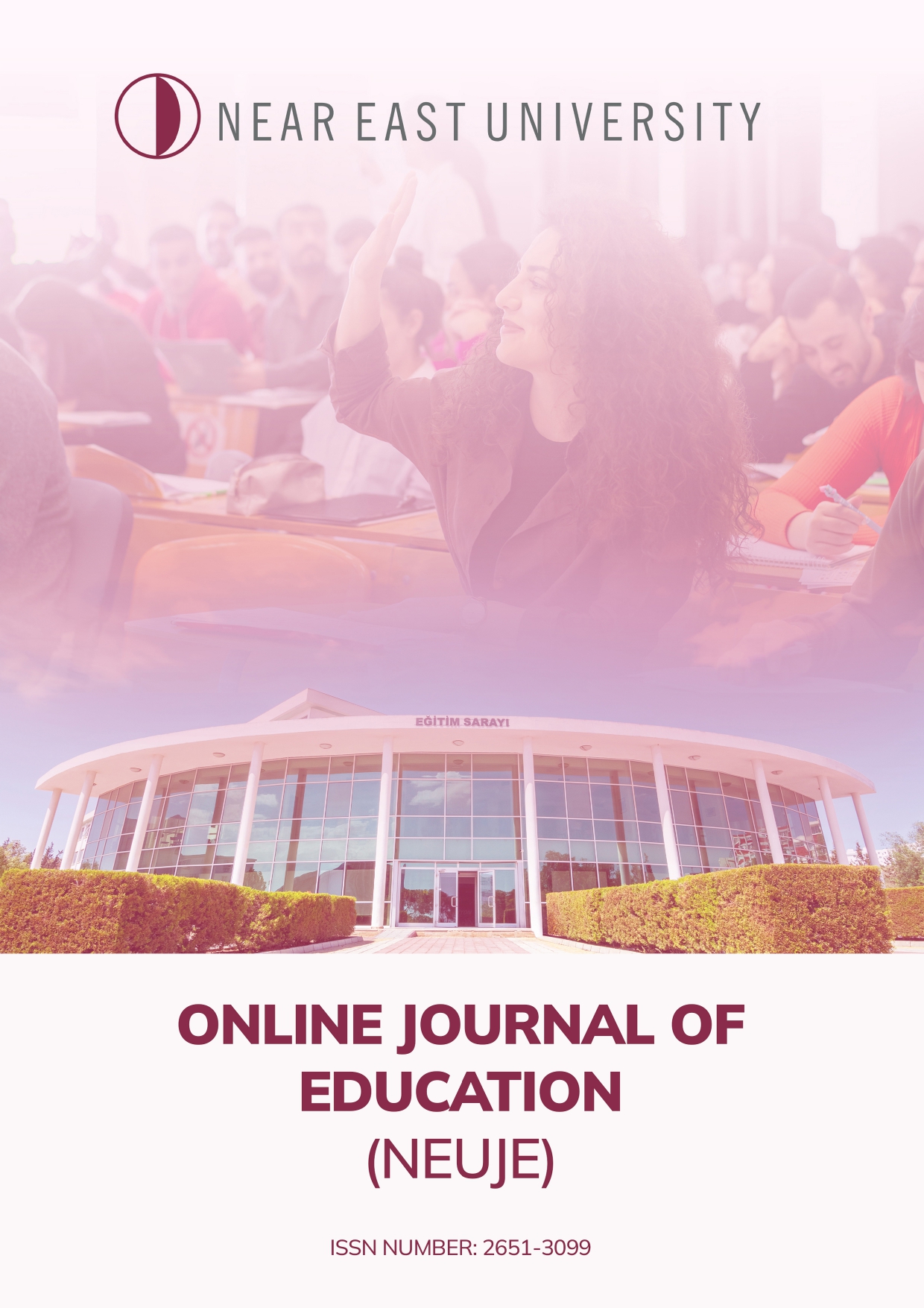THE FUTURE OF SCHOOL ADMINISTRATORS’ PERSPECTIVES ON ARTIFICIAL INTELLIGENCE AND EDUCATIONAL CHANGE
Artificial intelligence and educational change
Keywords:
future of education, school administrators, adoptions, artificial intelligence, educational changeAbstract
With the rapid integration of artificial intelligence (AI) in education, school administration, instruction, and learning are reconfigured and conventional approaches are questioned, compelling educational leaders to re-examine their roles. This study investigates school administrators’ perceptions of AI’s potential to transform education, emphasizing their preparedness, perceived benefits, and concerns. Using a mixed-methods design relying on surveys and interviews, the study seeks to understand better administrators’ beliefs about how AI influences operational efficiency, student outcomes, and educational equity. Highlights from key findings show a balance between innovation and concerns, with administrators viewing AI as a tool for innovation (e.g., personalized learning, data-driven decision-making), as well as a concern around privacy, ethical considerations, and culture of change readiness. Key findings from this study inform much-need strategic policy and recommendations directed toward educational leaders in motivating responsible AI usage and serving as a lens for advancing these innovative approaches whilst ensuring they remain ethical and equitable. This study provides insight into the growing conversation surrounding artificial intelligence in education policy and helps to lay the groundwork for future AI-driven school administrative reforms.
Downloads
Published
How to Cite
Issue
Section
License
Authors who publish with this journal agree to the following terms:





